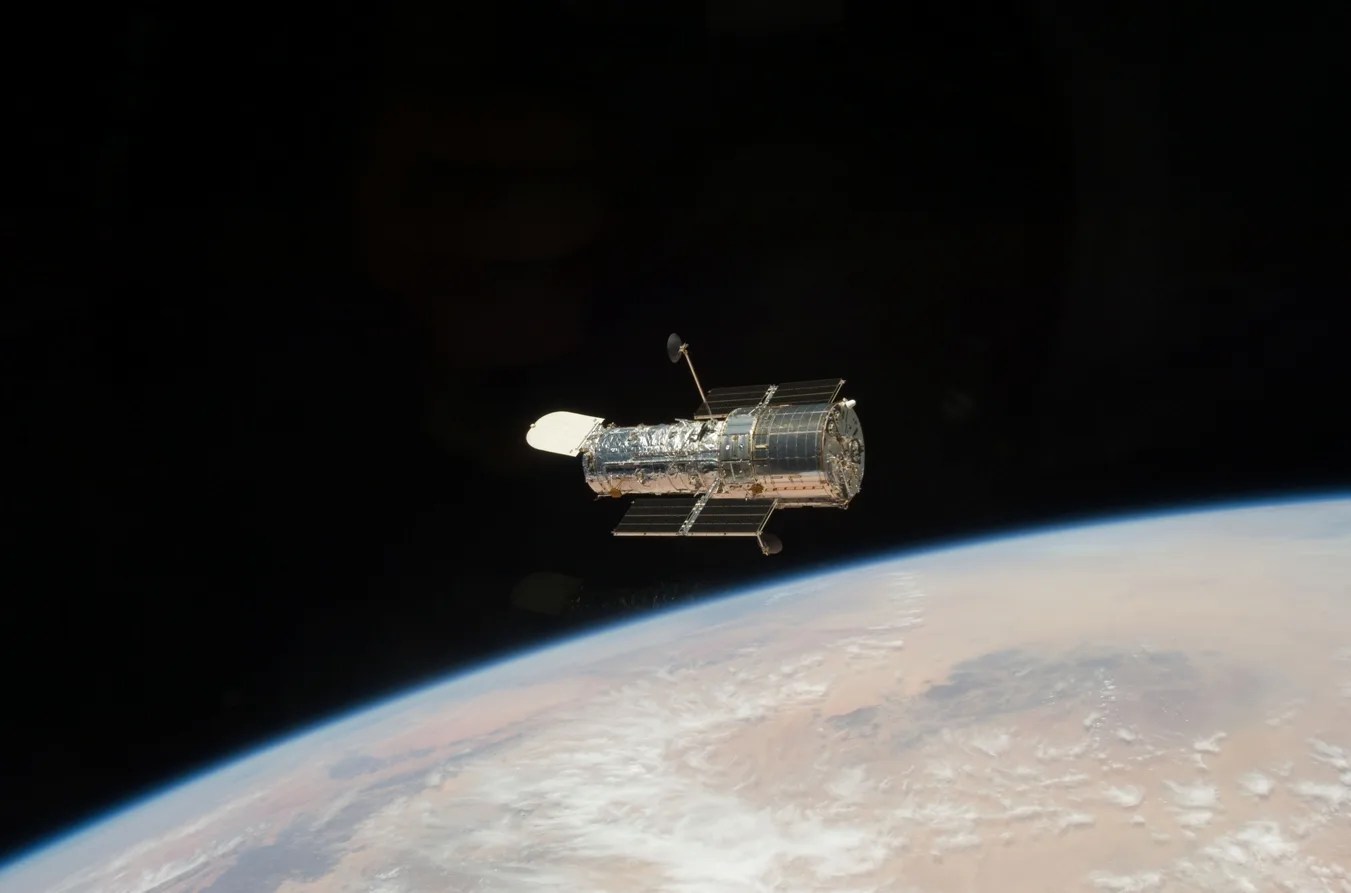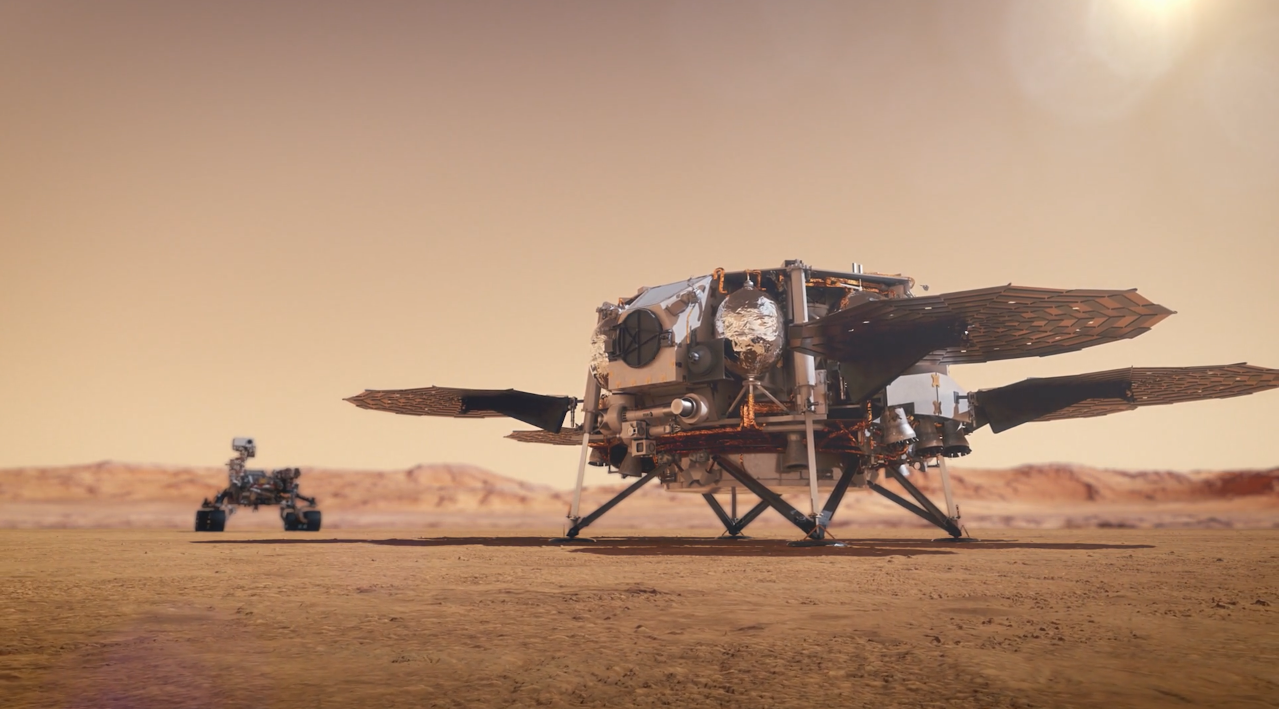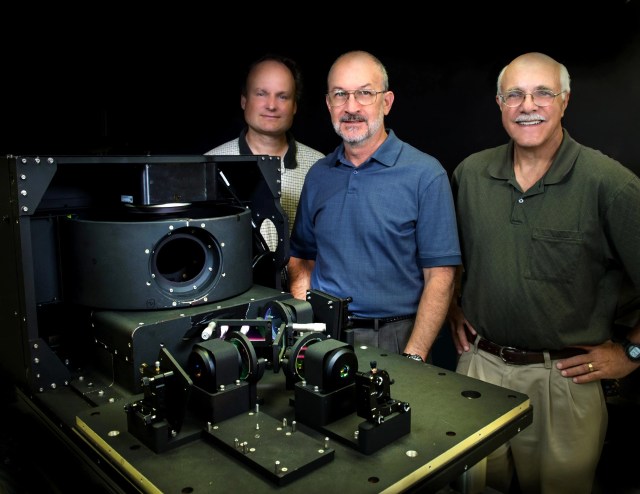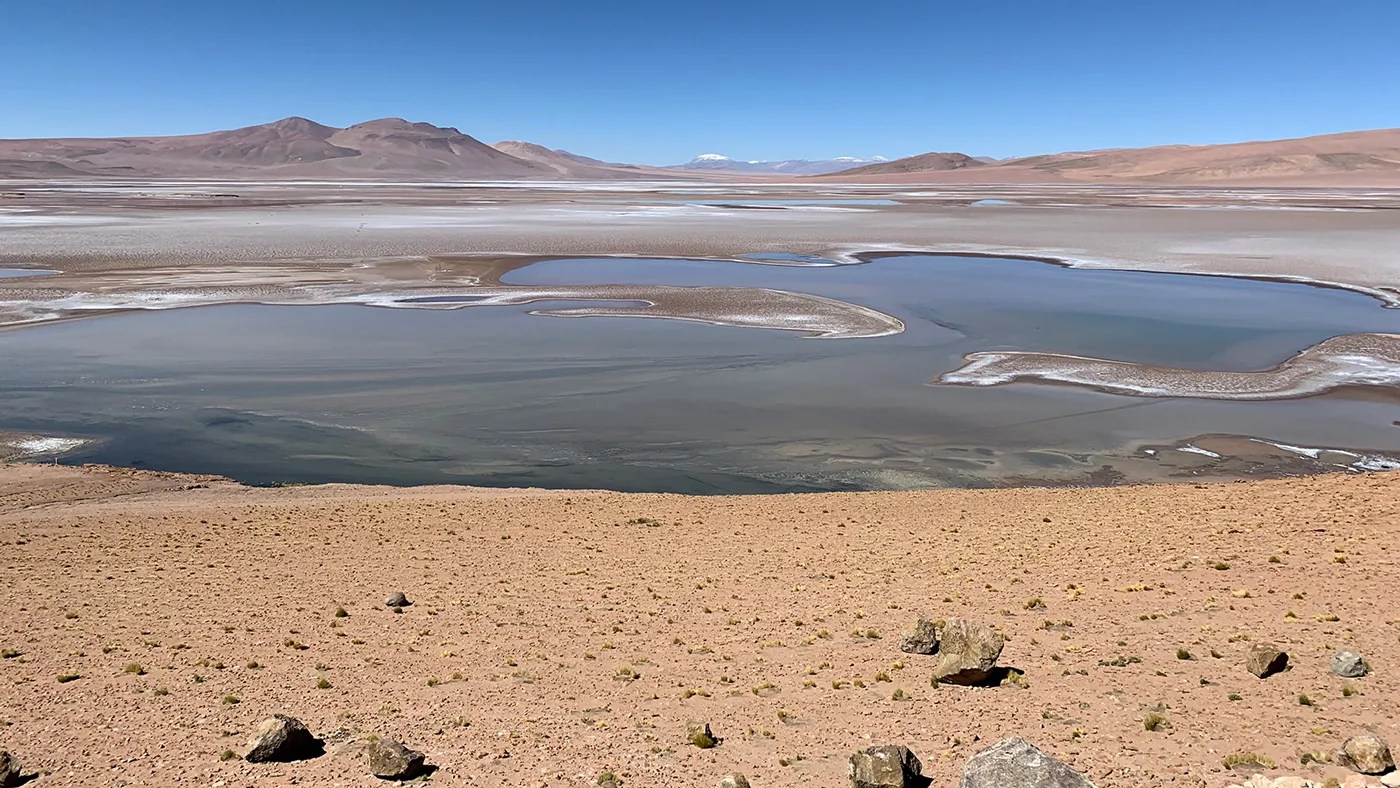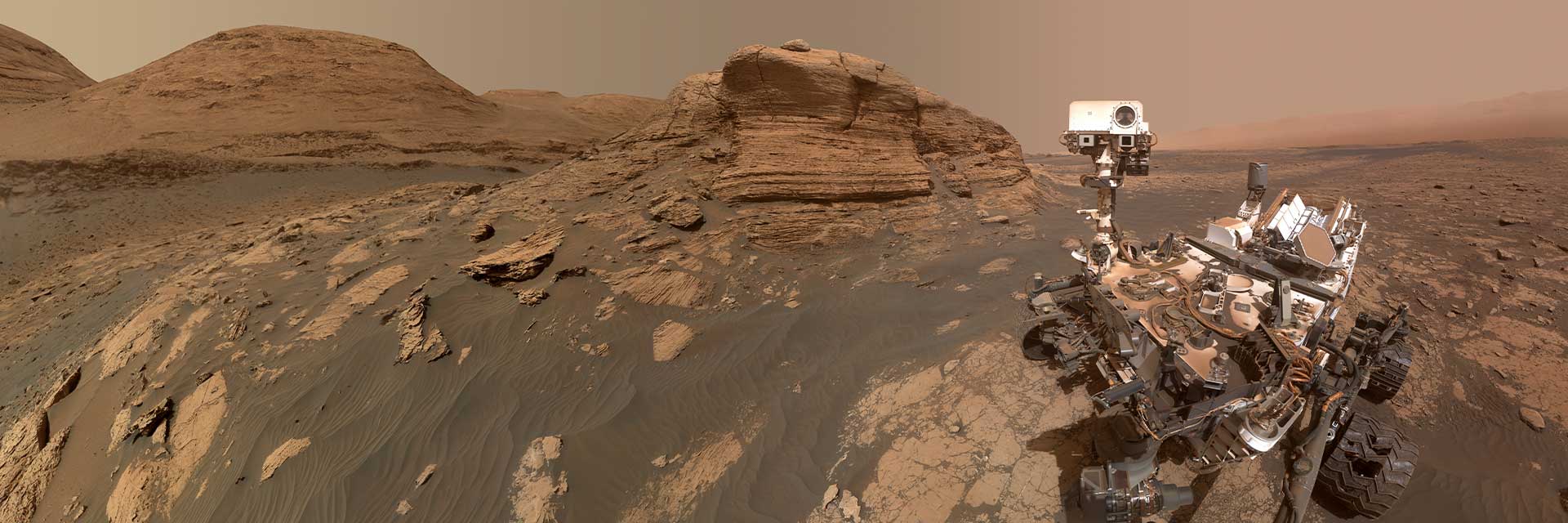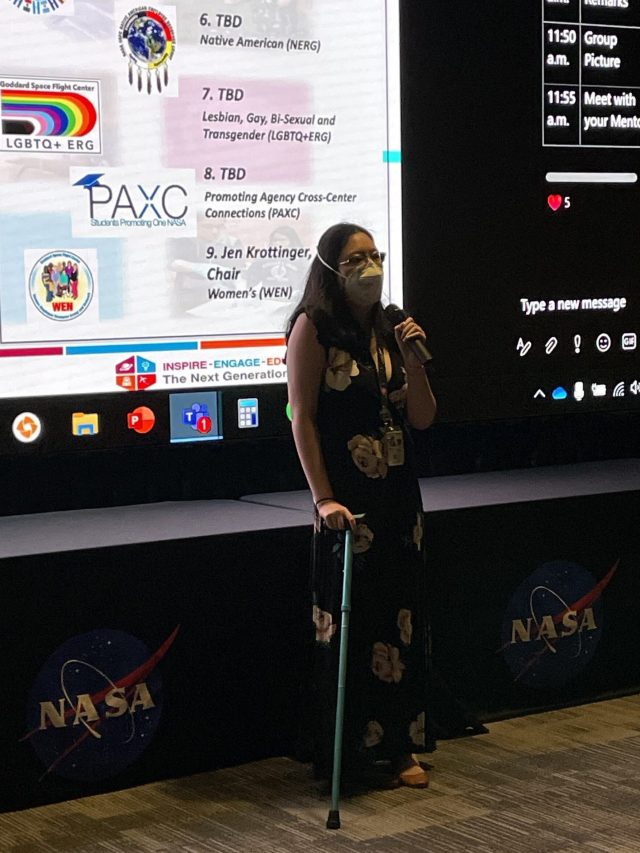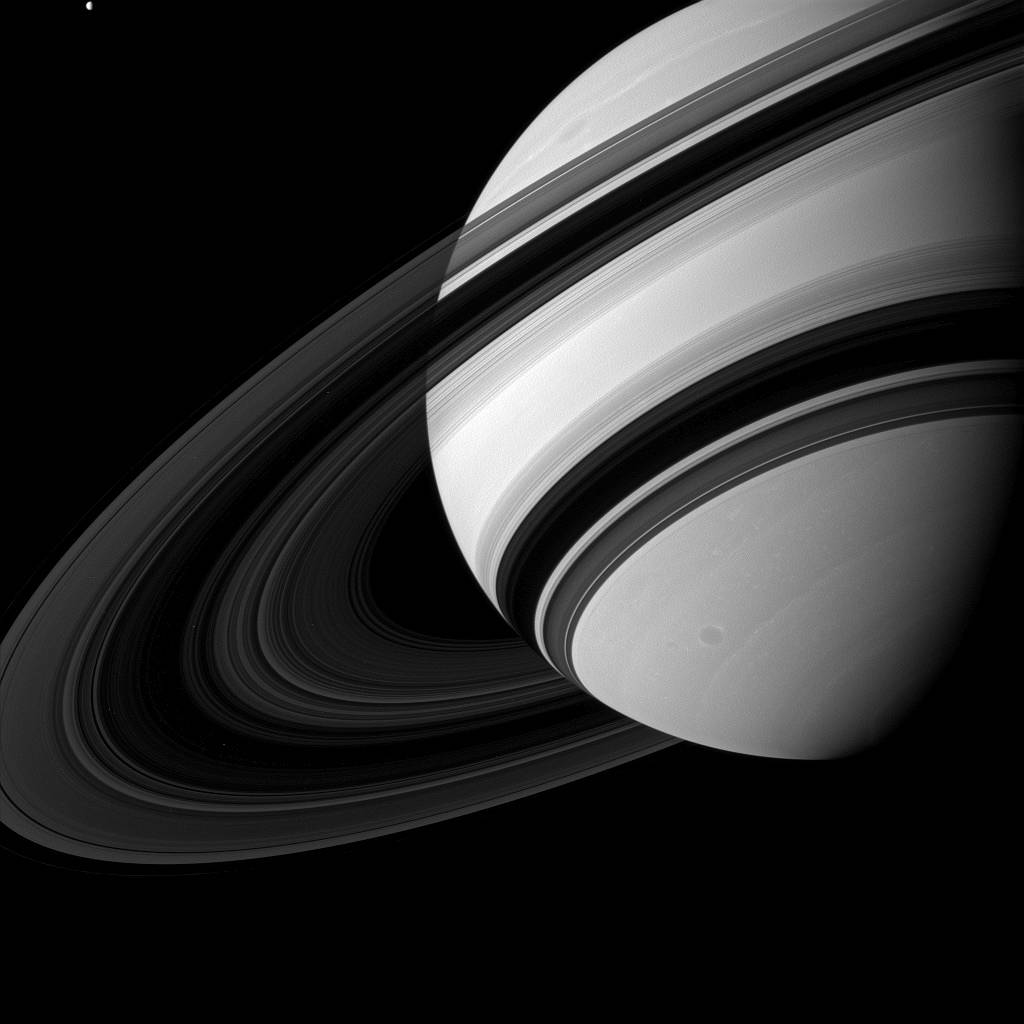
Tethys may not be tiny by normal standards, but when it is captured alongside Saturn, it can’t help but seem pretty small.
Even Saturn’s rings appear to dwarf Tethys (660 miles, or 1,062 kilometers across), which is in the upper left of the image, although scientists believe the moon to be many times more massive than the entire ring system combined. This view looks toward the unilluminated side of the rings from about 18 degrees below the ringplane. The image was taken in green light with the Cassini spacecraft wide-angle camera on Aug. 19, 2012.
The view was acquired at a distance of approximately 1.5 million miles (2.4 million kilometers) from Saturn and at a Sun-Saturn-spacecraft, or phase, angle of 63 degrees. Image scale is 86 miles (138 kilometers) per pixel.
The Cassini-Huygens mission is a cooperative project of NASA, the European Space Agency and the Italian Space Agency. The Jet Propulsion Laboratory, a division of the California Institute of Technology in Pasadena, manages the mission for NASA’s Science Mission Directorate, Washington, D.C. The Cassini orbiter and its two onboard cameras were designed, developed and assembled at JPL. The imaging operations center is based at the Space Science Institute in Boulder, Colo.
Image credit: NASA/JPL-Caltech/Space Science Institute


